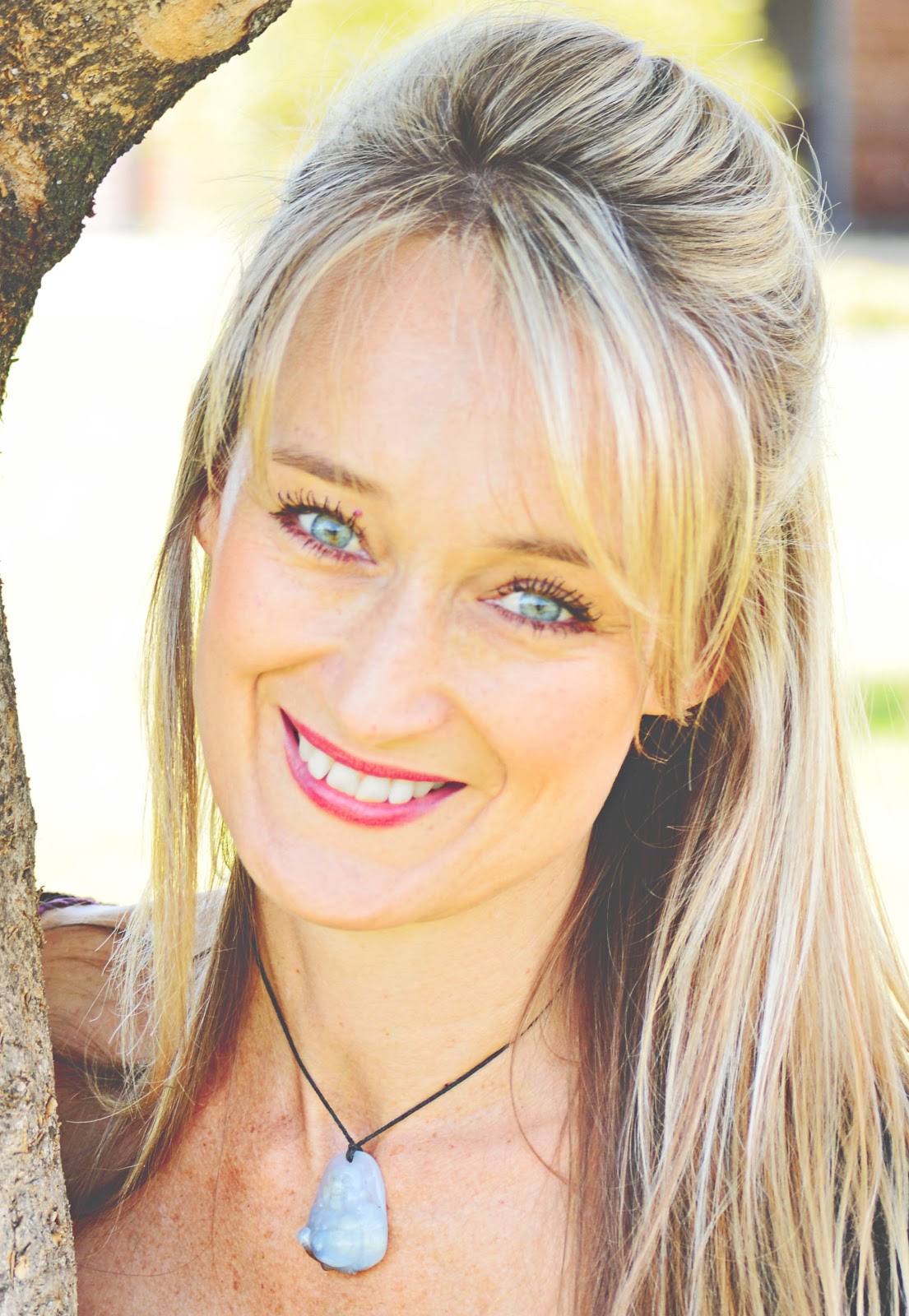Tips to avoid ‘losing yourself’ in motherhood
“Standing alone at the top of the stairs, she breaks down and cries to her husband, “Daddy, our baby’s gone.”
In the 1967 song She’s Leaving Home, The Beatles relayed the anguish of a mother dealing with the departure of her daughter. The ’empty-nest syndrome’ is a widely recognized, global issue for mid-life parents who are saying farewell to home-leaving children. Sadly, studies show that this time can lead to a decrease in ‘life satisfaction’ and an increase in depression and alcohol or substance abuse.
Samantha Lewis is an experienced life coach and facilitator of the Being You mentorship program. She shares that many parents – particularly mothers – tend to ‘lose’ themselves in raising their children, and it is this steady drifting away from oneself that causes inevitable anguish and adjustment when their children leave home.
“I have coached a lot of parents who don’t know where to focus their attention once their children leave home. They’ve got no one’s problems to solve anymore; nobody to fetch, or carry for,” Samantha explains. “The comment I hear most often is: what do I do now? I don’t know who I am without my children.” The trouble is, empty-nesters often have too much time on their hands and, and in that void, they realize they no longer know who they are.”
For more than a decade, Samantha raised her two children on her own; juggling the vast responsibilities of single parenting with a full-time corporate career and an active social life. The good news, she says, is that although empty-nest anguish may be common, it doesn’t have to be inevitable.
“The parents who suffer most from the empty-nest syndrome are those who gradually stop living their own lives as they raise their children; those who value themselves entirely on what’s happening with and for their offspring. For these parents, every day is a constant focus on others’ needs and desires, and every milestone in the child’s life becomes the next project. I hear from these parents all the time. They come to me and say, ‘Before I was a mum, I used to ….'”, Samantha remarks.
“The most effective way to treat empty-nest anguish is to prevent it,” she adds. “You can do this by taking steps as your children grow to ensure you are also being – and acknowledging – yourself. After all, if you’re not being you, who are you being?”
To help you ‘be you’ through the years of parenthood, Samantha offers the following advice:
1. Confront what you think mothers ‘act like’
“Most people form (or inherit) an unconscious model of what a mother ‘acts like’ and automatically set about living up to that ideal. This can create a manic form of parenting where you are trying to do everything right, rather than doing it authentically.”
2. Consider work as an emotional (not just financial) boost
“In my experience, mothers who go back to work have a different empty-nest experience. A job or business provides an opportunity for a mother to form an identity outside the home. You’re not only focusing on the needs of a house, family, and children. You also have the interaction of other adults.”
3. Stay connected to the things you find ‘fun’
“Ask yourself: If I could do something fun just for me today, what would I like to choose? Rediscovering what is fun for you, even if you don’t have time to do the activity often, by asking this question, reconnects you with your sense of fun, play and joy, before your child became your primary source for joy.”
4. Check in with ‘you’ regularly
“Even when you’re super-busy, it’s possible to retain a sense of ‘you’. Ask yourself: if I didn’t have all this responsibility, who would I be? This shifts you away from a systemic approach to life and reconnects you with the essence of who you are.”
5.Schedule yourself into each day
“This is vitally important. When looking at the day ahead, ask yourself: where am I in this day? What do I require? Schedule yourself in! If your children’s needs start to take over, such as a teen asking to be taxied somewhere, step back and ask: what can work for me here? Don’t be afraid to say no.”
6. Be willing to ask for and receive help
“When you’re trying to do things right, it can be easy to also think you have to do things alone. If your commitments are becoming overwhelming, never be afraid to ask: is there someone else I can ask to help me here? Be willing to receive from others.”
Finally, for the many mothers fearful of ‘damaging’ their children if they assert their own needs, Samantha maintains that the opposite is often true.
“More than anything, your children learn from your example. When you retain a sense of ‘being you’ throughout their childhood years, you show your offspring that they don’t have to give up who they are in order to be successful and fulfilled. Don’t be afraid to say no. We think we are ruining our children’s lives, but we are actually showing them how to stay connected to who they be.”
About Samantha Lewis

Samantha Lewis is a life coach, corporate wellness practitioner and certified facilitator of several special programs by Access Consciousness®, including Being You Adventures. Throughout her corporate career in sales and marketing, she retained an avid interest in mental, physical and spiritual wellness and is trained in Shiatsu and Indian Head Massage, acupressure and aromatherapy. Samantha now draws upon her wide range of skills and her personal moments of both joy and sadness to facilitate empowering workshops for groups and individuals. Follow Samantha.

